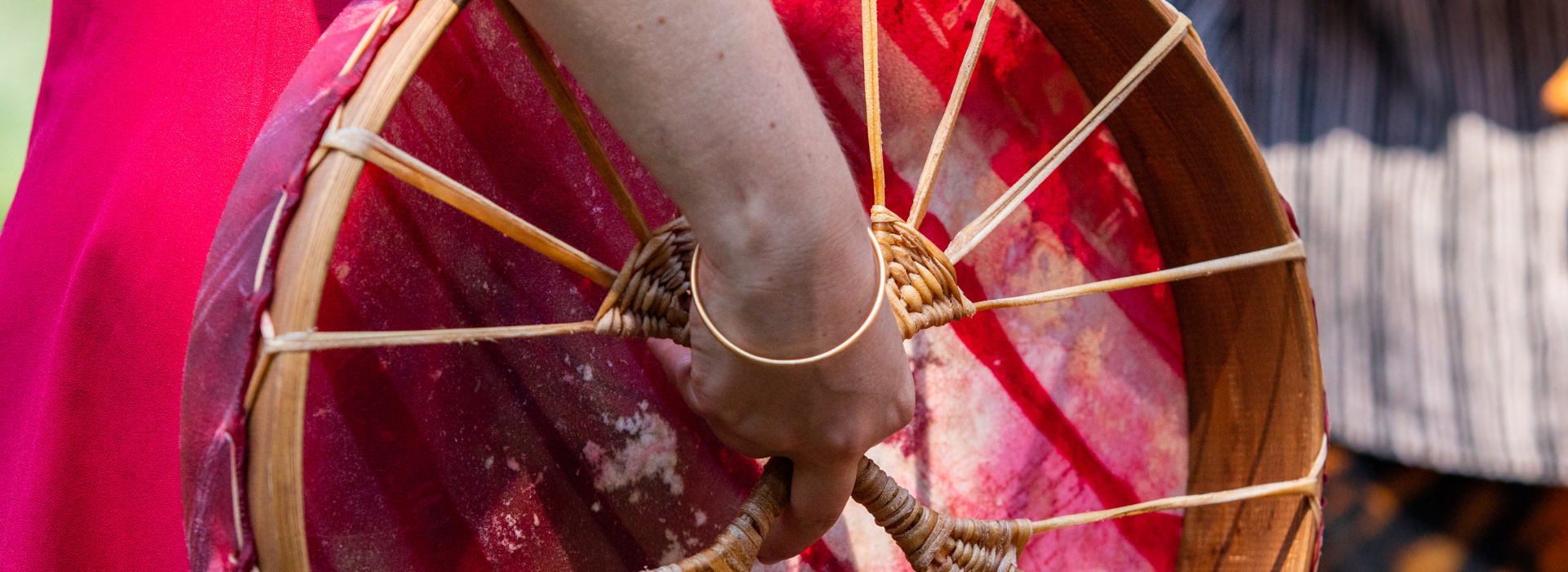
‘Oshkii Ayaawag’: Empowering Native American Youth During COVID-19
Researchers at the University of Minnesota Medical School recognize that Native American youth bear a disproportionate share of our state’s mental, behavioral health disorders and associated mortalities, yet access to services and available therapies are often limited. Even in education settings, they face discrimination while searching for adequate resources. In light of these disparities, worsened during the COVID-19 pandemic, Anna Wirta Kosobuski, EdD, an assistant professor in the Department of Biomedical Sciences at the Medical School, Duluth Campus, has been actively partnering with tribal communities this year to help youth who are experiencing these adversities.
“Currently, the services and support for adolescents have diminished or have been unavailable during the pandemic,” Dr. Wirta Kosobuski said. “For example, in-person counseling wasn’t possible. The impact on community members also influences youth, so the loss of these essential resources has been increasingly detrimental.”
As a fellow community member of the Bois Forte Band of Chippewa, Dr. Wirta Kosobuski formed a partnership with the tribe’s Health and Human Services and the director of their Substance Use Disorder Department, who noted an increased presence of anxiety and depression within the community, including a rise in substance use among youth.
With these new challenges top of mind, Dr. Wirta Kosobuski and her Bois Forte collaborator recognized the opportunity to provide needed support services by developing an effective youth therapy model grounded in Ojibwe culture. Through the support of a Medical School Rapid Response Grant to Reduce Racial/Ethnic Disparities in Healthcare, the project, Oshkii Ayaawag (Our Youth), was formed with the idea of providing virtual and culturally-safe mental health support. The project’s combined total funding also includes grants from the Duluth Superior Area Community Foundation, as well as the Northland Foundation.
“Without the support and generosity of these funders, the project and its needed services for Native American youth in northern Minnesota would not be possible,” Dr. Wirta Kosobuski said.
Over the year, Oshkii Ayaawag will serve an estimated group of 20 youth, ages 10 to17 years old, with virtual activities, weaving together craft therapy, personalizing facemasks, hand sanitizers made from traditional medicinal plants, as well as monthly therapist-led talking groups and culturally relevant COVID-19 information sharing.
“Culture has been shown to be very healing and a protective factor for youth,” Dr. Wirta Kosobuski said. “Each week, a community elder will lead Ojibwe language sessions and storytelling. This connectedness helps strengthen respect for elders while building a positive self-image and feeling of belonging for our youth.”
Through pathways of virtual support, the project will encourage local youth to develop coping and resilience mechanisms, so they can respond to stressors in a positive way.
“As a Bois Forte community member, I believe it is my responsibility to share the knowledge that others have generously shared with me throughout my life to influence the next generation,” Dr. Wirta Kosobuski added. “My hope is that I can offer something, even if it’s small, to help empower the youth in our communities.”